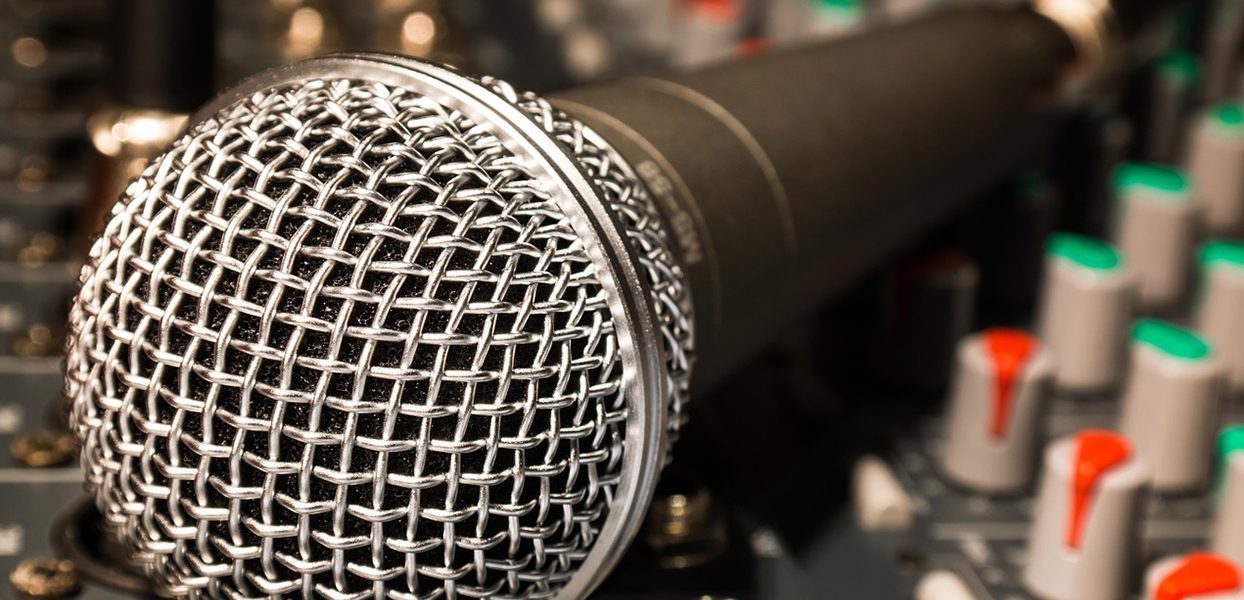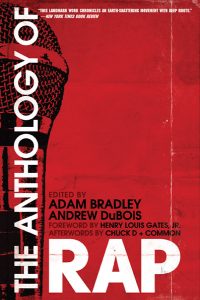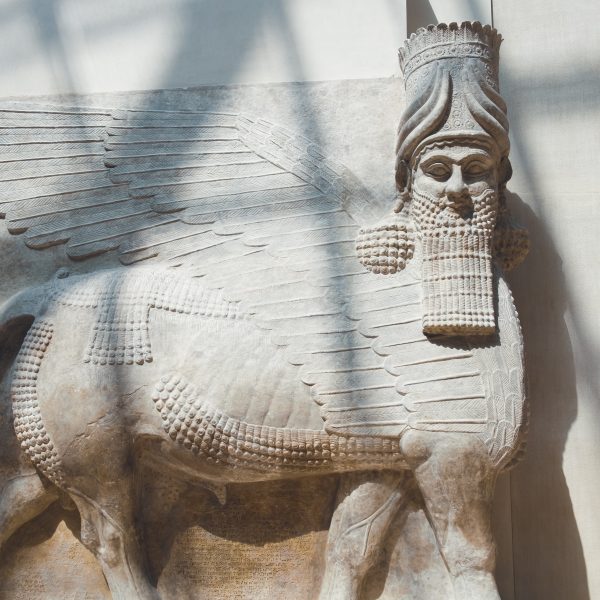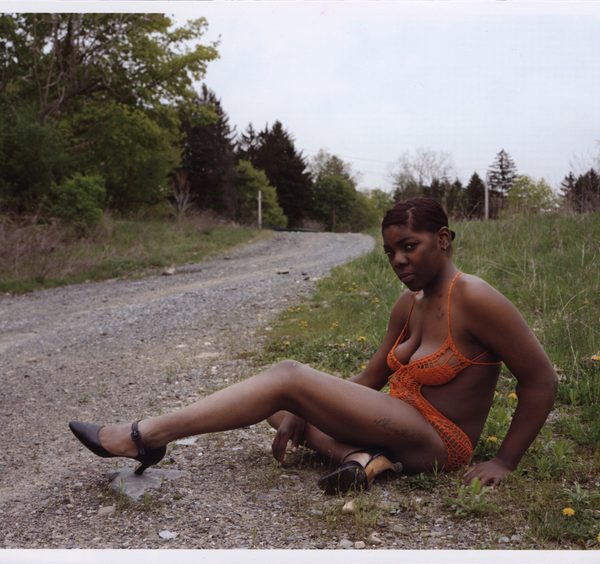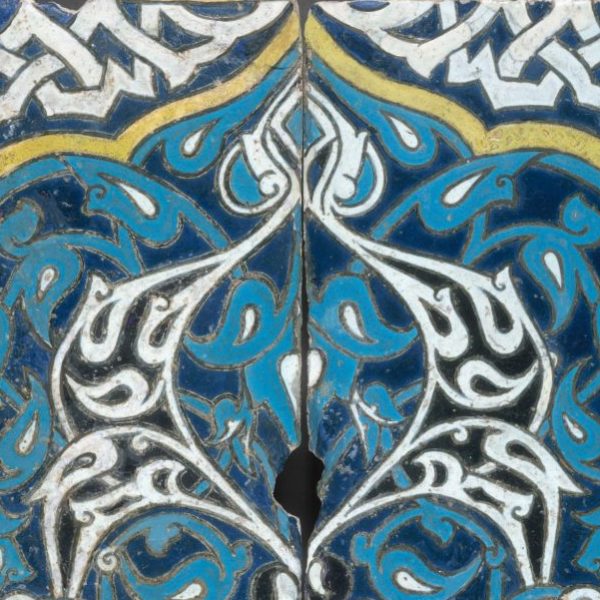Adam Bradley Asks: Is Rap Poetry? Is It Good Poetry?
Adam Bradley—
Last fall saw the publication of The Anthology of Rap, a collection that I co-edited with Andrew DuBois. The book gathers nearly 300 lyrics by dozens of artists from across rap’s four decades. Our purpose was to highlight rap’s development as a literary art form by underscoring the poetics of its song lyrics.

Adam Bradley, Photo Credit: Justin Francis
From Grandmaster Caz, Melle Mel, and Kurtis Blow to Jay-Z, Jean Grae, and Lupe Fiasco, rap’s greatest practitioners are not simply performers but poets, shaping language through rhythm, rhyme, and wordplay. The lyrics included in The Anthology gesture to the range and diversity of styles embodied in this living literary tradition.
Since its emergence in the late 1970s, rap has always sparked controversy. It should come as no surprise that rap’s first anthology should do the same. Since its publication The Anthology of Rap has been valorized and vilified, celebrated and satirized. Some have called it a landmark work that has helped to secure rap’s place in literary history. Others have challenged everything from its methods of transcription to its mode of selection to its very reason for being. Through it all, though, the book has kept people talking about rap as literature. It has inspired conversations that might not otherwise have occurred, in places where such conversations are rare.
Song lyrics and lyric poetry share a common lineage. The connection is in language itself; “lyric,” after all, is the Greek term used to describe verse set to the music of the lyre. Rap simply replaces the lyre with two turntables and a digital sampler. The essence of rap’s poetic identity lies in its artful use of rhythm, rhyme, and wordplay; it lies in its the emphasis on concision and emotive expression.
So why is it still controversial to talk about rap as poetry? And why do some of those who accept it as poetry often question its merits? Reviewing The Anthology of Rap in the journal Poetry, Adam Kirsch argues that rap exists in a suspended adolescence that keeps it from serious consideration as poetry. “If rap is mainly a genre for and by adolescents,” he writes, “it is largely because its notion of artistic self-assertion is an adolescent one—a fight for status in a closed hierarchy.”
If the nearly three hundred lyrics in The Anthology do anything, though, they attest to the range and diversity of rap’s expression. Far from being focused upon “a fight for status in a closed hierarchy,” the lyrics within speak to everything from the joys of riding a bicycle on a sunny day (Atmosphere’s “Sunshine”) to the theological question of Good versus Evil (Ras Kass’ “Interview with the Vampire”) to the simple virtues of an ordinary life (Aesop Rock’s “No Regrets”). Rap is a form and that form has been put to work on as comprehensive a catalog of human experience and emotion as any other artistic medium. The world is in rap’s lyrics, if we only listen past our assumptions.
Still others fear that in calling attention to rap’s poetry we risk sapping it of its vitality as song. The argument goes that if you sever lyrics from music, you rob those lyrics of their force and vitality. Such criticisms seem to presume that the moment song lyrics reach the page the song itself is somehow lost to memory. But no one fears that we will lose a Milton sonnet when someone dares to read it aloud. Why should we fear losing 2Pac’s music when we read his lyrics?
In fact, we lose nothing in studying song lyrics with an eye toward their literary figures and forms. Poetic analysis does not preclude the pleasure of performance. Quite the contrary, understanding the inner workings of the language of the lyrics can cultivate greater appreciation for the aesthetic pleasures embodied in the song as a whole. Rap lyrics richly reward our careful attention to their patterns of rhythm, rhyme, and figurative language.
For all that rap lyrics and lyric poetry share, however, rap is nonetheless governed by a distinct set of formal and aesthetic imperatives. The most important of these is the defining relationship between music and lyric. When embedded in rich soundscapes of harmony, melody, and rhythm, song lyrics derive meaning and emotion from the music that accompanies them. Though rap’s music has traditionally been dominated by rhythm over harmony and melody, it nonetheless has forged a powerful relationship between lyrics and sound, poetry and performance.
Admittedly, some of rap’s lyrics are of limited poetic range—often by design. The hook-driven songs that dominate the Billboard charts are rarely the place that one finds lyrics that reward close analysis. That said, rap has also produced profound poetry. Many factors influence the range and complexity of the rap poetics, including the different imperatives of style, genre, and individual creativity.
The very qualities that leave rap open to criticism as music—heavy reliance on 4/4 beats, limited use of melody and harmony—are precisely what make it such an effective vehicle for poetry. The rhythm-rich, harmony- and melody-poor beats of rap tend to provide a fertile sonic climate for poetically-sophisticated lyrics to flourish. When Jay-Z boasts on his 2009 single “D.O.A. (Death of AutoTune)” that “my raps don’t have melodies,” he is celebrating rap’s difference from most other musical genres and, by implication, its particular capacity for direct expression.
Reviewing The Anthology in Bookforum, the poet Kevin Young observes the following: “Hip-hop’s pleasure is often its Whitmanesque contradictions, embodied in the delicate dance between the beats and the bars that the rappers spit; unlike Whitman, the form and the feeling don’t often fit. It is a music of breaks, after all: A big part of hip-hop’s poetry results from the tensions and changes in these jarring shifts, as well as the jibing between the lyrics and the music.” Many of those tensions and changes are apparent in the lyrics alone; others only reveal themselves when one reads the lyrics along with the song. What is unmistakable, though, is that rap’s “delicate dance between the beats and the bars” has produced a poetry that commands attention and demands response.
In what follows you’ll find a selection of lyrics that testify to rap’s fundamental connection to poetic practice. You’ll also get acquainted with books and music that in different ways make the case for celebrating rap’s poetic identity.
Inside the Lyrics: The Rapper as Poet
Rappers have been referring to themselves as poets since rap began. JDL from the Cold Crush Brothers rhymed these lines back in 1982: “Well, I’m here to be known and I’m known to be / As an electrified prince of poetry.” A few years later, KRS-One performed an entire song called “Poetry,” which included this clear self-identification:
I am a poet, you try to show it yet blow it
It takes concentration for fresh communication
Observation, that is to see without speaking
Take off your coat, take notes, I am teaching
In more recent years, a host of other rappers have rhymed about their identity as poets. For some, it is a reluctant designation. “I’m a poet to some, a regular modern-day Shakespeare,” Eminem says on Jay-Z’s 2001 song “Renegade.” But just last year, Eminem revealed to the New York Times that he can’t remember the last time he read a poem. For all those the profess their ignorance or poetry or reject the label, there are dozens of others who embrace it in rhythm and rhyme. Here are just a few:
It’s self-explanatory, no one’s writing for me
The poetry I’m rattling is really not for battling
Boogie Down Productions, “Poetry”
DJ Scott La Rock has a college degree
Blastmaster KRS writes poetry
BDP, “Criminal Minded”
Poetic education of a high altitude
I’m not a MC, so listen—call me poet or musician
BDP, “Criminal Minded”
Loud and proud, kickin live, next poet supreme
Loop a troop, bazooka, the scheme
Public Enemy, “Rebel Without a Pause”
I’m rated R . . . this is a warning, ya better void
Poets are paranoid, DJs destroyed
Rakim, “Lyrics of Fury”
As I memorize, advertise, like a poet
Keep you goin when I’m flowin, smooth enough, you know it
Rakim, “My Melody”
I’m not a regular competitor, first-rhyme editor
Melody arranger, poet, et cetera
Rakim, “My Melody”
I’m the authentic poet to get lyrical
For you to beat me, it’s gonna take a miracle
Big Daddy Kane, “Ain’t No Half-Steppin”
The creator, conductor of poetry
Et cetera, et cetera, it ain’t easy being me
Big Daddy Kane, “Ain’t No Half-Steppin”
Poetry attacks, paragraphs punch hard
My brain is insane, I’m out to lunch, god
Nas, “Live at the BBQ”
I’m a poet, a preacher, and a pimp with words
Nas, “Popular Thug (Remix)”
Listen close to my poetry, I examine this
Like an analyst to see if you can handle this
The Roots, “The Next Movement”
Who am I? I am the poetical pastor
Slave to a label but I own my masters
Pharoahe Monch, “Desire”
I’m so literary with it you can tell that I write
The boy’s such an author I should smoke a pipe
The Clipse, “Mic Check”
Like a killer with a chrome when I spit another poem
Lupe Fiasco, “Break the Chain”
(1) Suggested Reading
Adam Kirsch, “How Ya Like Me Now,” Poetry (February 2011)
Kevin Young, “Unwrapping the Message,” Bookforum (Sept/Oct/Nov 2010)
Adam Bradley, Book of Rhymes: The Poetics of Hip Hop (2009)
Paul Edwards, How to Rap: The Art and Science of the Hip-Hop MC (2010)
Jay-Z, Decoded (2010)
(2) Suggested Listening
MC Lyte, Lyte as a Rock (1988)
Eric B & Rakim, Follow the Leader (1988)
Big Daddy Kane, It’s a Big Daddy Thing (1989)
“The Anthology of Rap: Lyrics As Poetry,” All Things Considered, NPR (November 7, 2010)
Adam Bradley is associate professor of English at the University of Colorado and the author of Book of Rhymes: The Poetics of Hip-Hop and Ralph Ellison in Progress. He is also co-editor of Ralph Ellison’s unfinished second novel, Three Days Before the Shooting. Andrew DuBois is associate professor of English at the University of Toronto Scarborough and the author of Ashbery’s Forms of Attention. He is also co-editor of Close Reading: The Reader.

